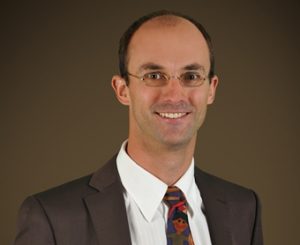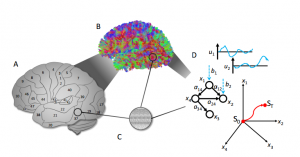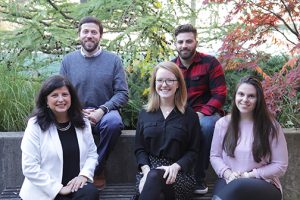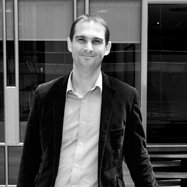SONIC Lab is proud to welcome Ingmar Weber who will present a talk on Wednesday, November 16th, 2016 at 10:00 AM in Frances Searle Building, Room 1-459. Please contact SONIC Lab Manager Katya Bitkin with any questions or comments.
Demographics in Social Networks: Usage Differences, Content Spread, and Homophily
Abstract

How do demographic attributes affect network structure and content spread? In this talk, I’ll present attempts to address this question using a demographically annotated data set for 350K Twitter users in New York. For each user, their gender, age and race has been inferred from their profile picture using Face++. I’ll start by showing that population-level differences in hashtag usage are intuitive, such as African Americans being more likely to use #blacklivesmatter, women more likely to use #makeup, and young people more likely to use #growingupwithsiblings. Taking ideas previously studied in the context of web search, we then look at which demographic groups are generally first – or last – to use new hashtags. Here we find that, e.g., new music-related hashtags tend to originate from African American users, whereas new baseball hashtags come from white men. Looking at the topic of “algorithmic bias”, we show that the “what’s trending” tends to favor the majority group, potentially creating hurdles for minority content to benefit from system-induced feedback. Finally, I’ll show results related to racial link asymmetries, potentially indicating latent discrimination.
The work presented is joint work with Jisun An at QCRI, and several members of the Social Dynamics Lab (http://sdl.soc.cornell.edu/) at Cornell University, including Michael Macy, George Berry, Minsu Park and Chris Cameron. The research varies in terms of doneness from “medium well” to “rare”. More information on past projects at http://ingmarweber.de/publications/.
Biography
Ingmar Weber is a senior scientist in the Social Computing Group at the Qatar Computing Research Institute (QCRI) in Doha. He uses large amounts of online data to address research questions of societal relevance related to (i) lifestyle diseases, (ii) societal fragmentation, and (iii) international migration. He has published over 100 peer-reviewed articles (http://ingmarweber.de/publications/) and his work is frequently featured in the popular press (https://www.google.com/search?tbm=nws&q=%22ingmar+weber%22). Since April 2016 he’s been selected as an ACM Distinguished Speaker.

 Nevertheless, computer scientists, doctors, economists and the like exercise a modicum of control over many of these networks.
Nevertheless, computer scientists, doctors, economists and the like exercise a modicum of control over many of these networks. ATLAS (Advancing Teams, Leaders, and Systems) is the group formerly known as DELTA (Developing Effective Leaders, Teams, and Alliances) – expats from Georgia Tech, headed by their director Leslie DeChurch, who transferred to the Northwestern University this fall. Four students followed Leslie DeChurch: Lindsay Larson, Ashley Niler, Gabe Plummer, and Ilya Gokhman.
ATLAS (Advancing Teams, Leaders, and Systems) is the group formerly known as DELTA (Developing Effective Leaders, Teams, and Alliances) – expats from Georgia Tech, headed by their director Leslie DeChurch, who transferred to the Northwestern University this fall. Four students followed Leslie DeChurch: Lindsay Larson, Ashley Niler, Gabe Plummer, and Ilya Gokhman.